8 dog breeds that can’t swim
Not all canines are natural-born swimmers so we’ve brought together a list of dog breeds that won’t follow you into the pool for a dip
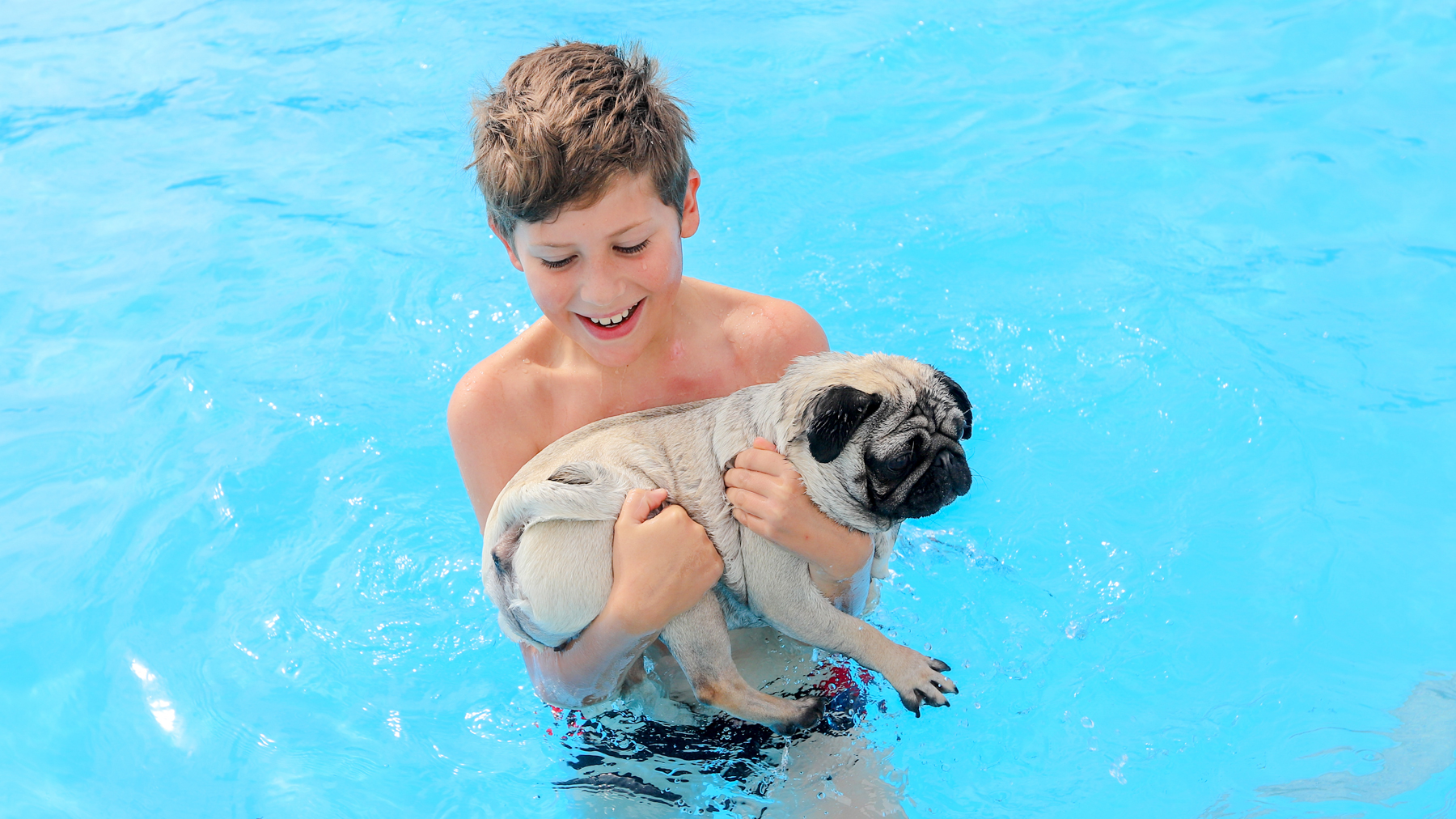
If you’re someone who loves spending time in the pool or the ocean for leisure or for sports and you want a canine companion to join you, there are certain breeds worth thinking twice about. That’s right, not all dogs enjoy swimming and there are various reasons behind this depending on the breed.
While some dogs will be fussier than others and simply dislike getting into the water, especially if you live in a colder climate, there are various canine breeds whose bodies and coats simply aren’t designed for swimming. You can try throwing your dog’s best puppy toys into the water when they’re little but don’t expect that to turn your pooch into a furry fish.
Moreover, certain dogs that fall under the name of brachycephalic breeds typically have flat faces or noticeably short noses. These traits make it hard for certain dogs to keep their heads above water when made to swim. These brachycephalic features can also cause breathing difficulties for dogs, which is magnified in water. Equally, dogs with barrel-like structured bodies and short legs may struggle to stay afloat, the same with very thick and long coated canines.
We’ve collated a list of dogs who can’t swim and would in most cases prefer to play on land…
1. Pugs
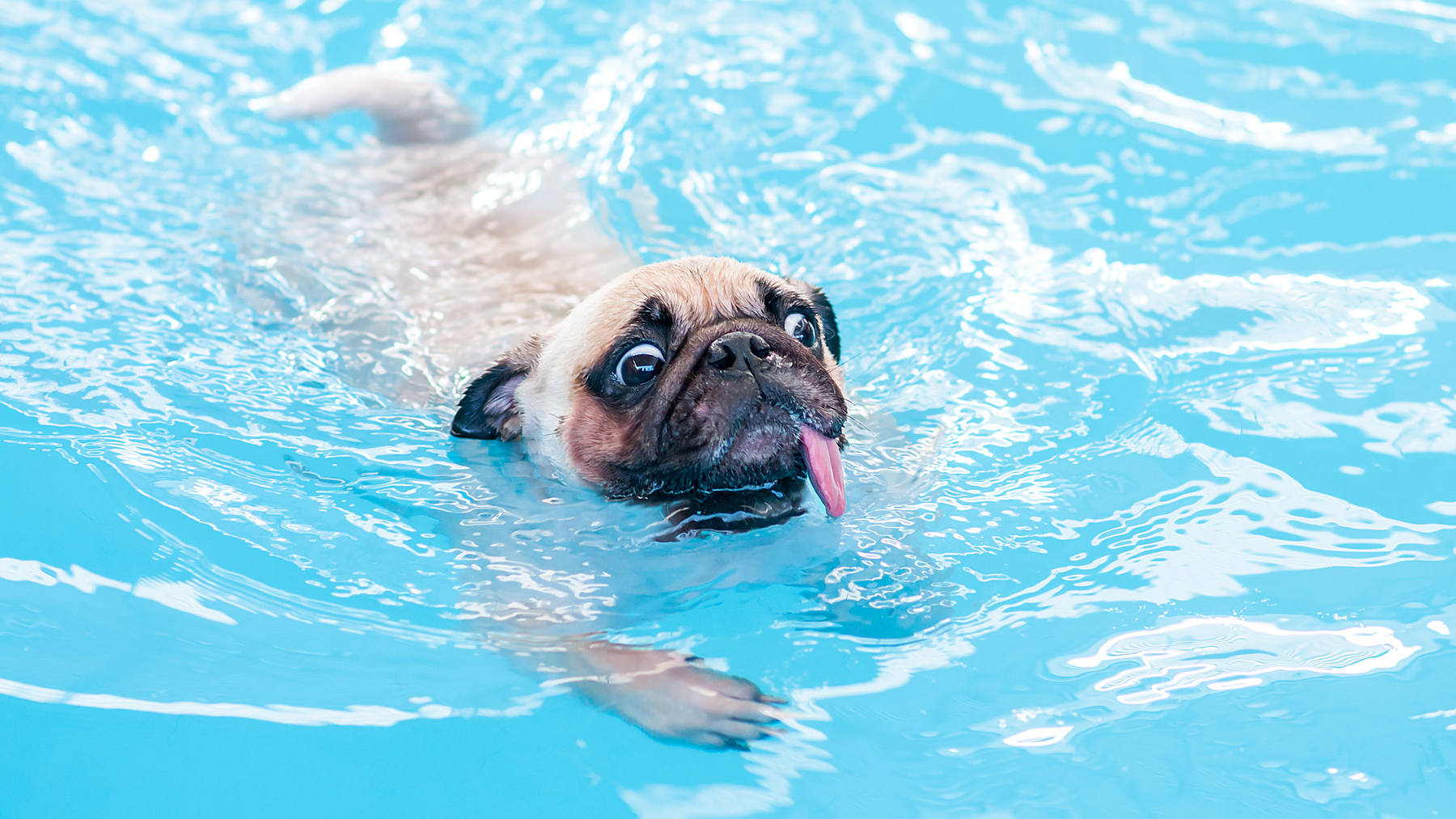
First up, and one that might not come as a surprise for most, is the pug. These small wrinkly-faced pups are known for having trouble breathing as a result of their flat faces. These troubles can be exacerbated in deep bodies of water where a pug’s short legs can’t reach the floor for support.
2. Corgis
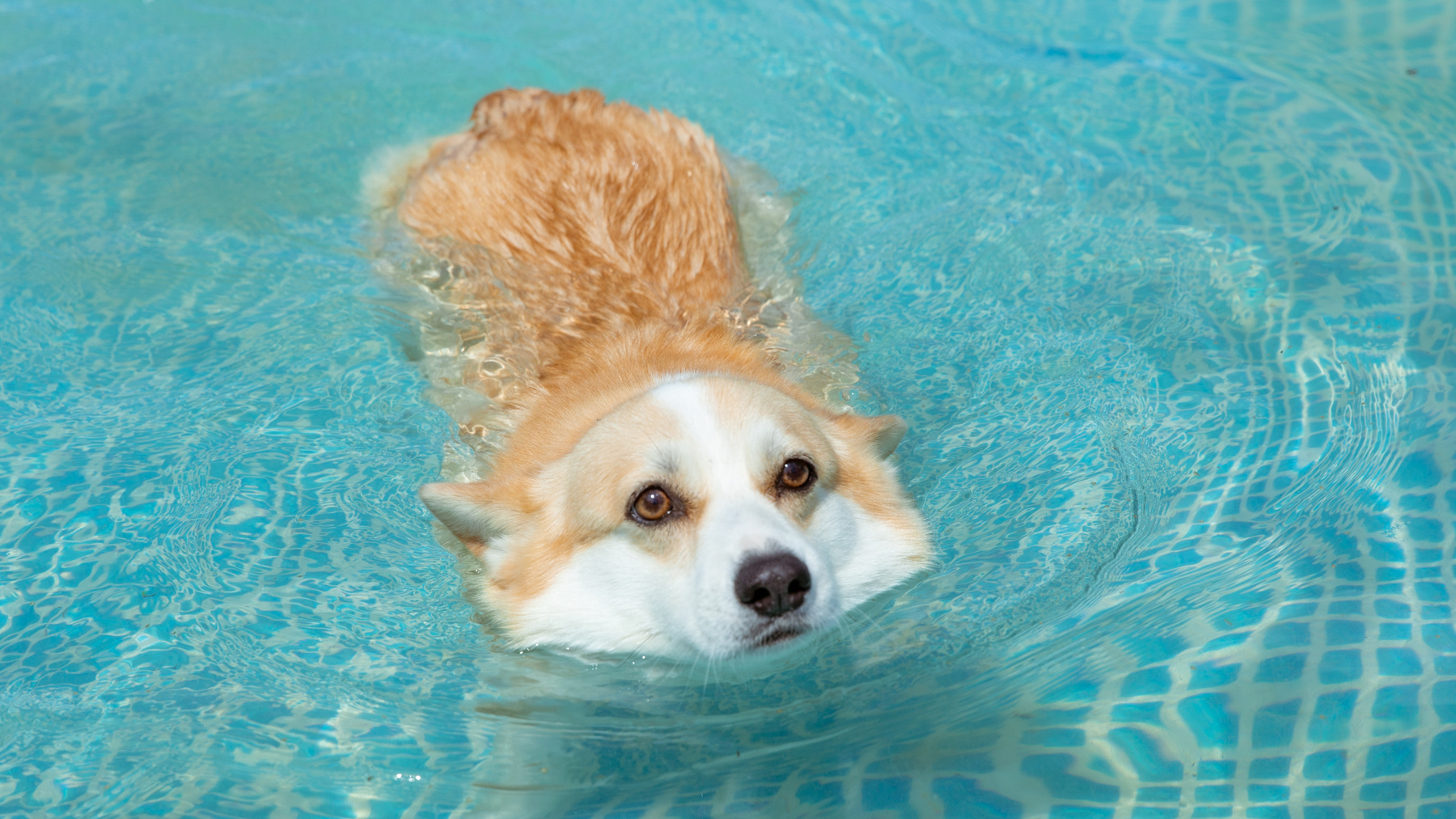
Despite corgis having fairly athletic origins, where they were bred in Wales, United Kingdom, for herding, they aren’t so strong and athletic in water. They can be trained to swim but it won’t look overly natural for them due to their unique composition of long bodies, barrel-shaped chests, and long legs, which doesn’t bode too well with the water.
3. Dachshunds
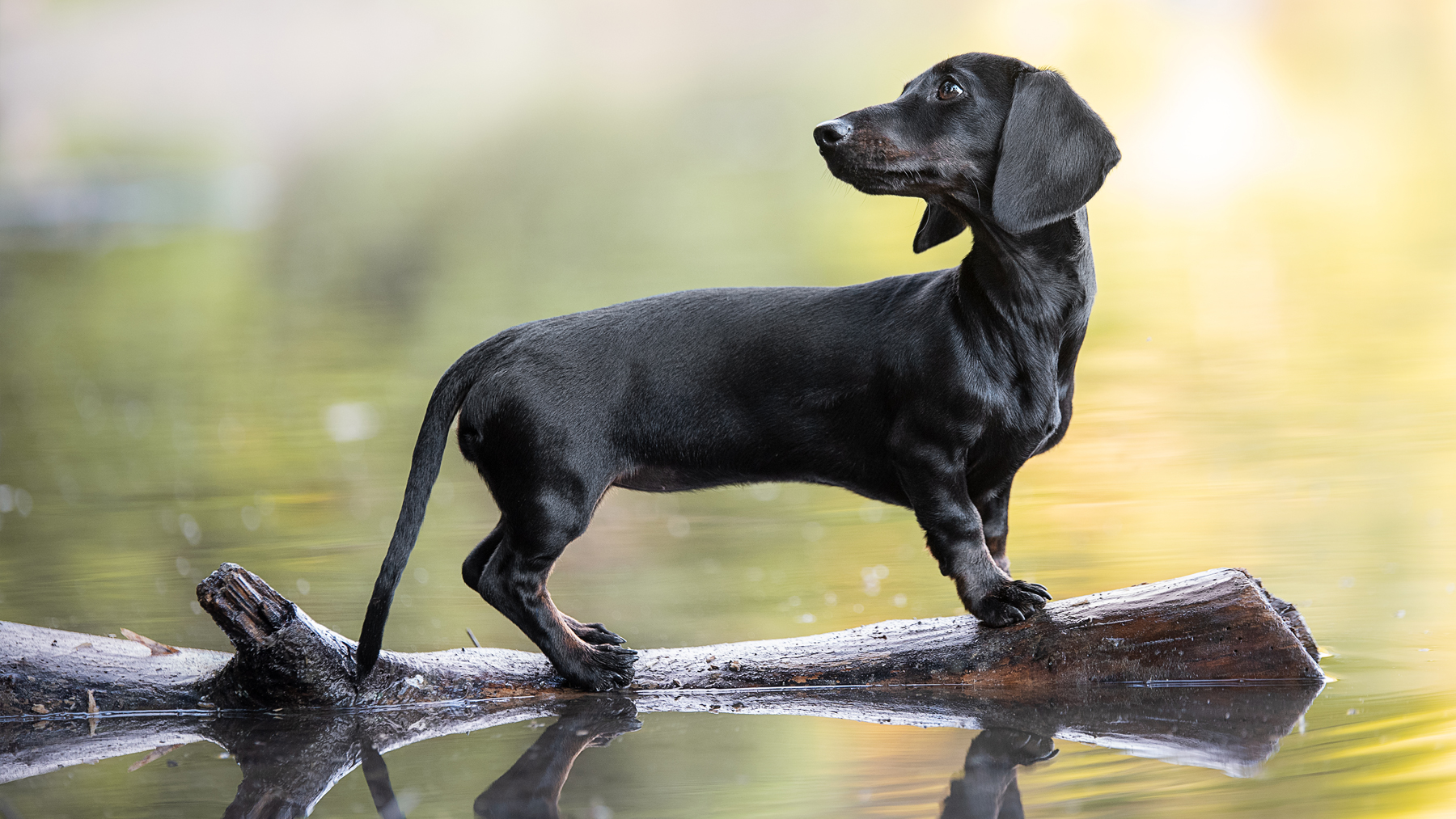
When it comes to swimming, dachshunds run into similar problems as corgis: long bodies and little legs. They do have longer muzzles than brachycephalic breeds like the pug, so they won’t suffer from the same breathing issues in the water, but their little legs will get in the way of them being able to paddle for long.
Get the best advice, tips and top tech for your beloved Pets
4. Boxers
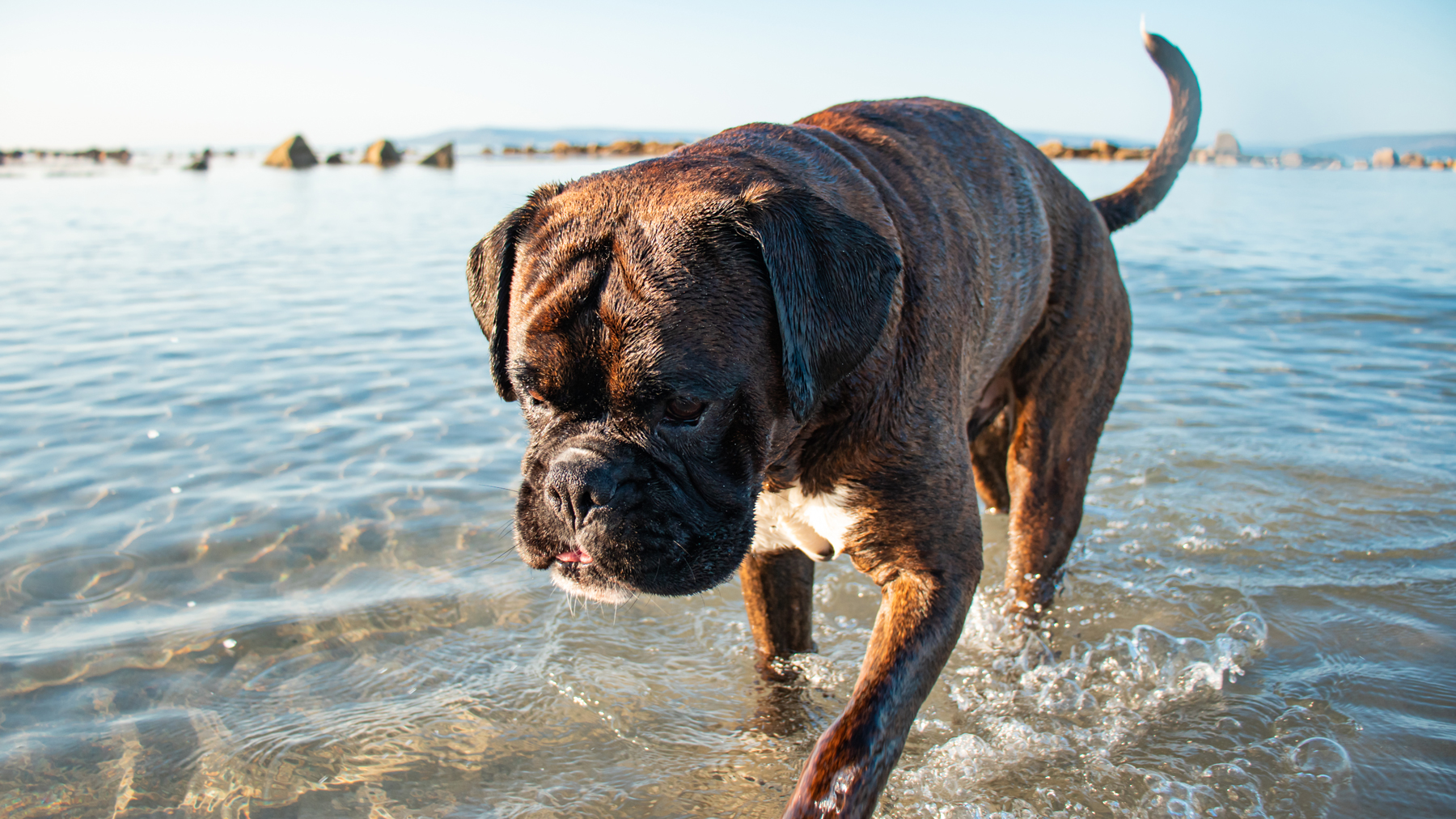
Don’t be fooled by the long legs and athletic body of a boxer. Like the pug, they too have a flat face and short muzzle, and you guessed it, they fall under the brachycephalic category. It’s not to say they can’t swim but they are more likely to have problems breathing and keeping their head above water if they are in the water for too long.
5. Shih Tzus
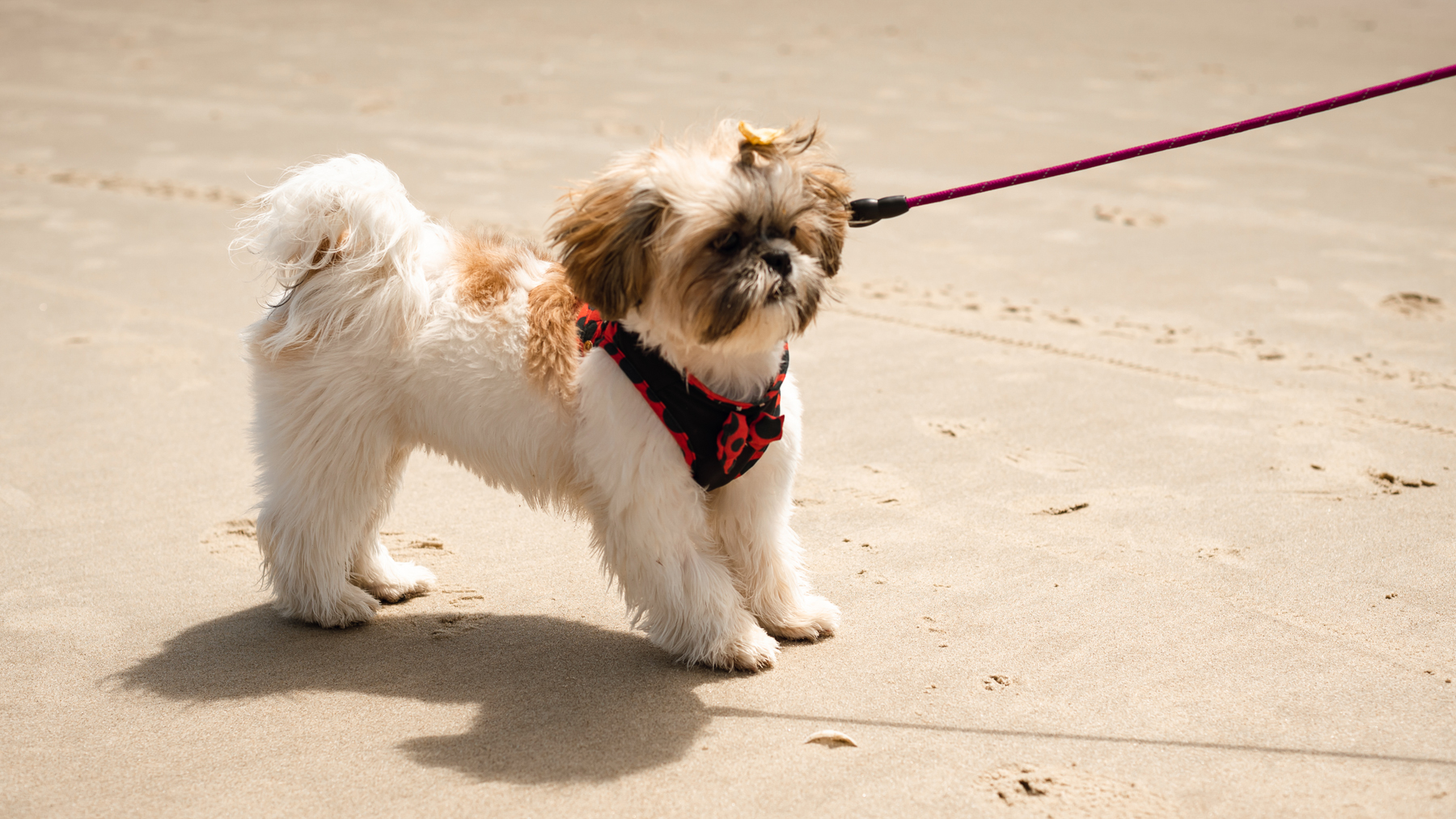
Shih Tzus also have short muzzles and little legs making it hard for them to keep their head above water. They also carry a cull coat on them which can become waterlogged and weigh them down, making breathing difficult. Plus, they’re prone to catching a chill so it’s not going to do them any favors forcing them to swim on a cold and windy beach walk.
6. Basset hound

These short-legged hounds were originally bred for hunting but you shouldn’t expect to see your basset continue a hunt that leads to any deep bodies of water. Their long bodies, large heads, and short legs are not designed for swimming lengths. Not only do their signature floppy ears not work as a floating device but basset hounds are also prone to ear infections from water infiltrating their ear canal.
7. Maltese
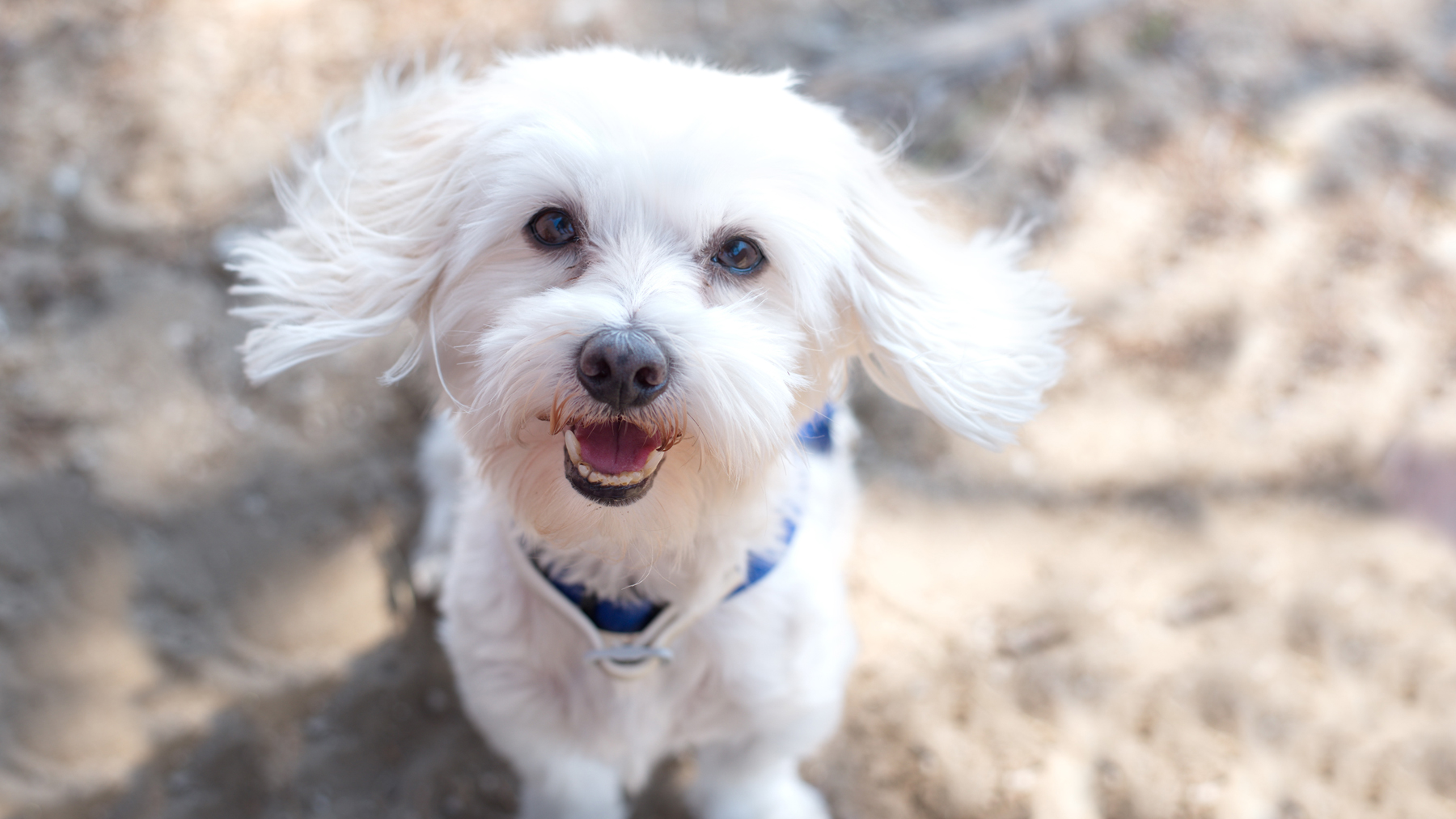
These friendly little pups are super lightweight and boast full muzzles but they’re also very sensitive when it comes to drastic changes in temperature. They’ll struggle to adapt naturally if placed in cold water and instead will most likely thank you for opting to play on land instead of water.
8. Bull terriers
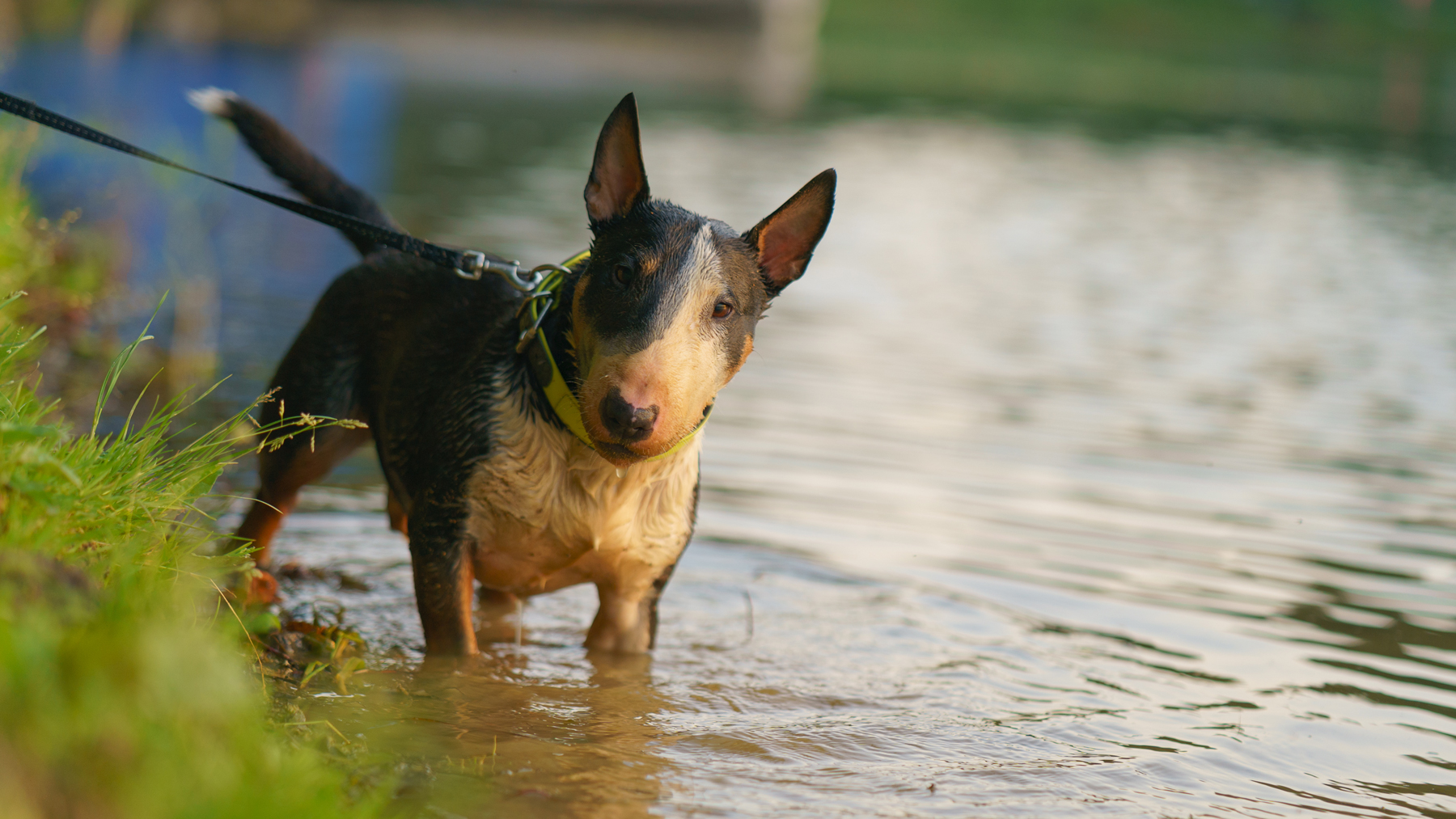
Bull terriers are not natural-born swimmers, staying afloat will be more challenging for them due to their deep chests and shorter legs. Despite being a very robust and active breed of dog, there are plenty of other activities that they will thrive in that are out with water.
Often, it’s not black and white for if a dog can or cannot swim but for some breeds, it’s evidently a greater struggle. Some dogs simply don’t like the water, for example, you could buy a working dog breed for swimming duties and find they have zero interest in taking a dip.
Advice if you are testing out the waters...
If you are testing the waters with your dog and their likeness for aqua-based activities then there are a few things you can do to make this a safe and more enjoyable experience for your pooch. The first is an obvious one, but stick to shallow areas of water, no human likes being thrown in the deep end of a pool and dogs won’t either. You can buy such a thing as a canine life jacket, this is especially a great idea for any boat owners who fancy having a canine member on board with you. Most importantly, always stay nearby to supervise your dog and ensure they don’t get into any trouble.

Jessica holds a journalism degree from Cardiff University and has authored articles for renowned publications, including PetsRadar, Fit&Well, LiveScience, Runner's World, The Evening Express, and Tom's Guide. Throughout her career in journalism she has forged connections with experts in the field, like behaviorists, trainers, and vets. Through her writing, Jessica aims to empower pet owners with accurate information to enhance their furry companions' lives.
